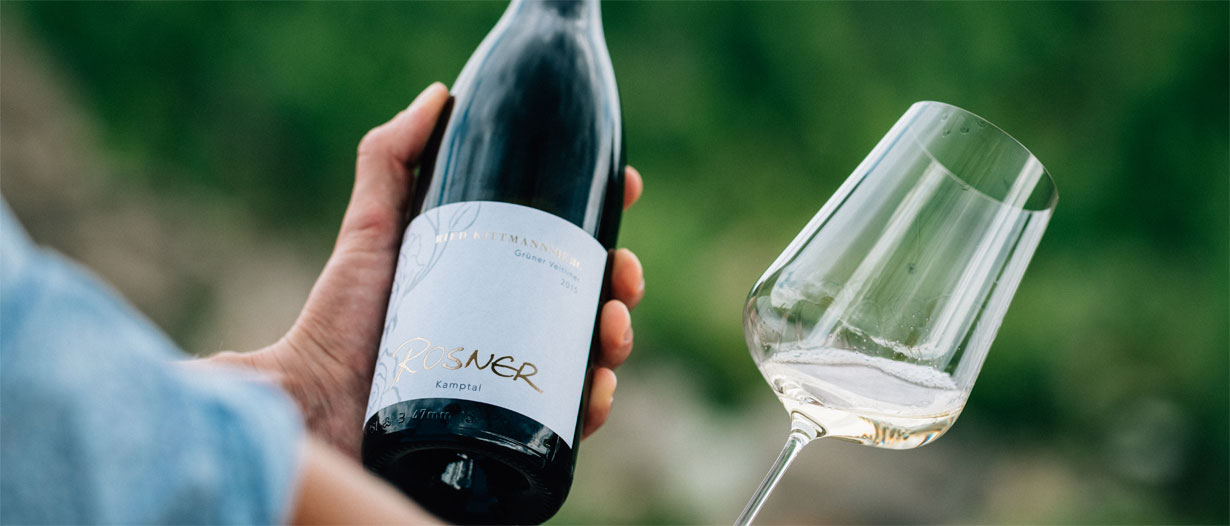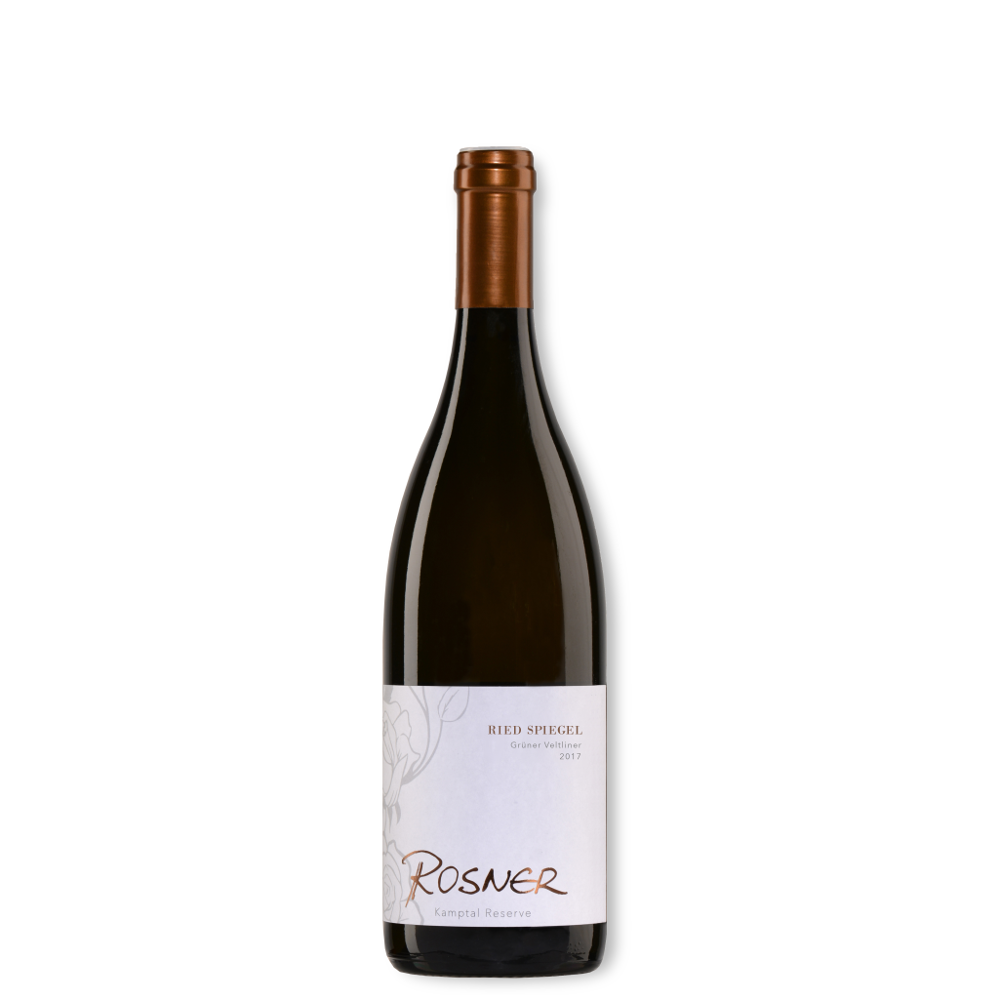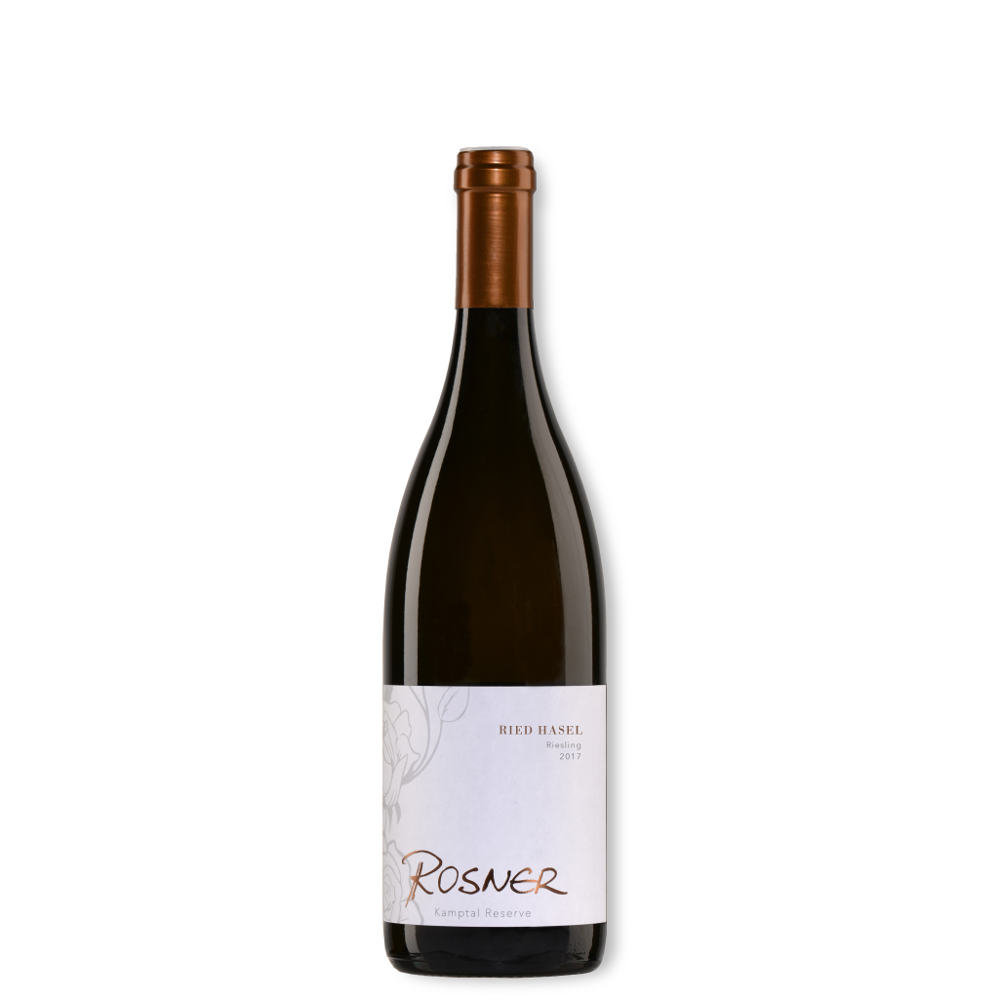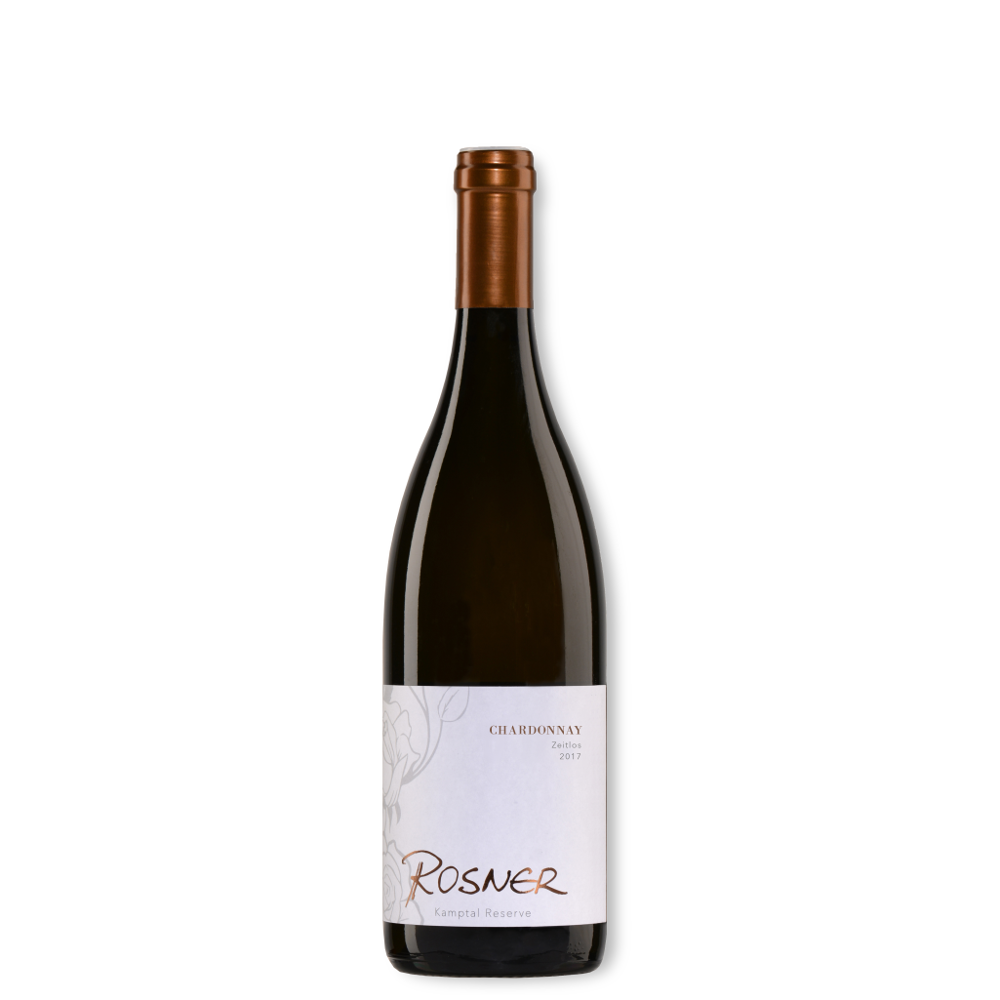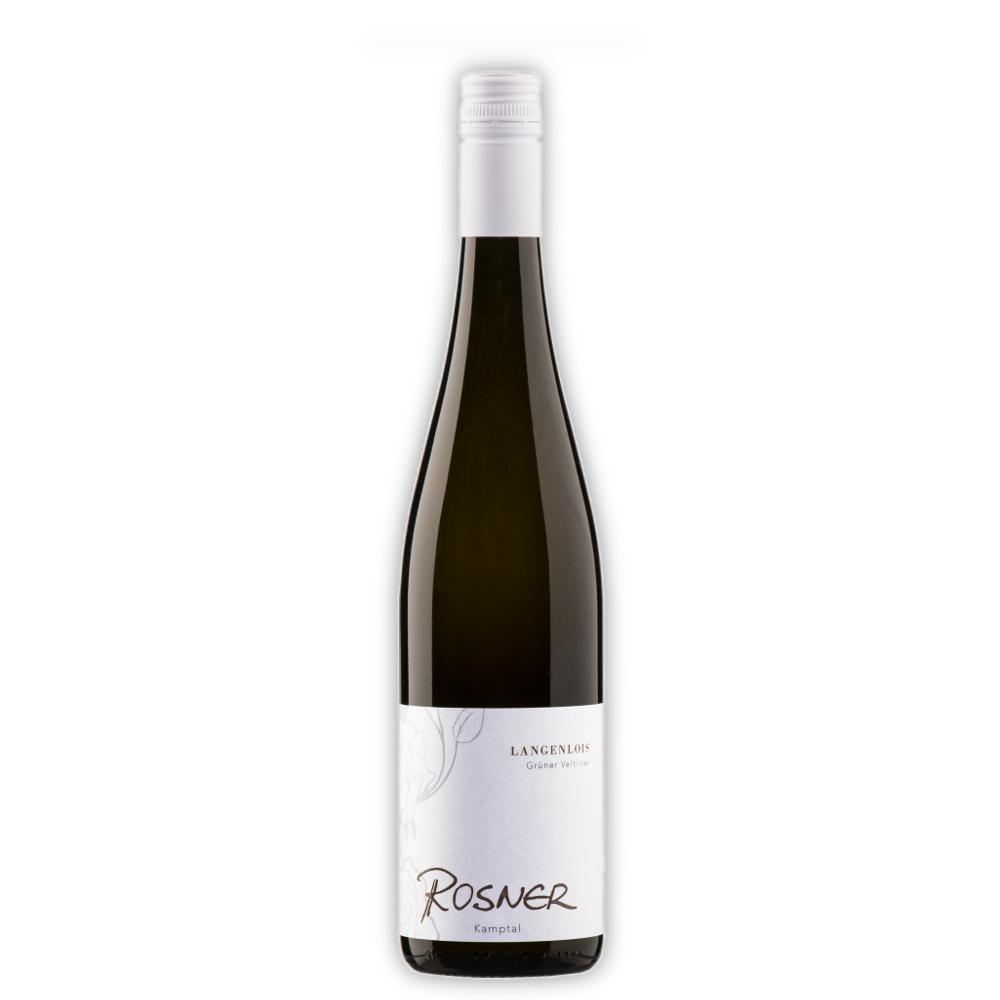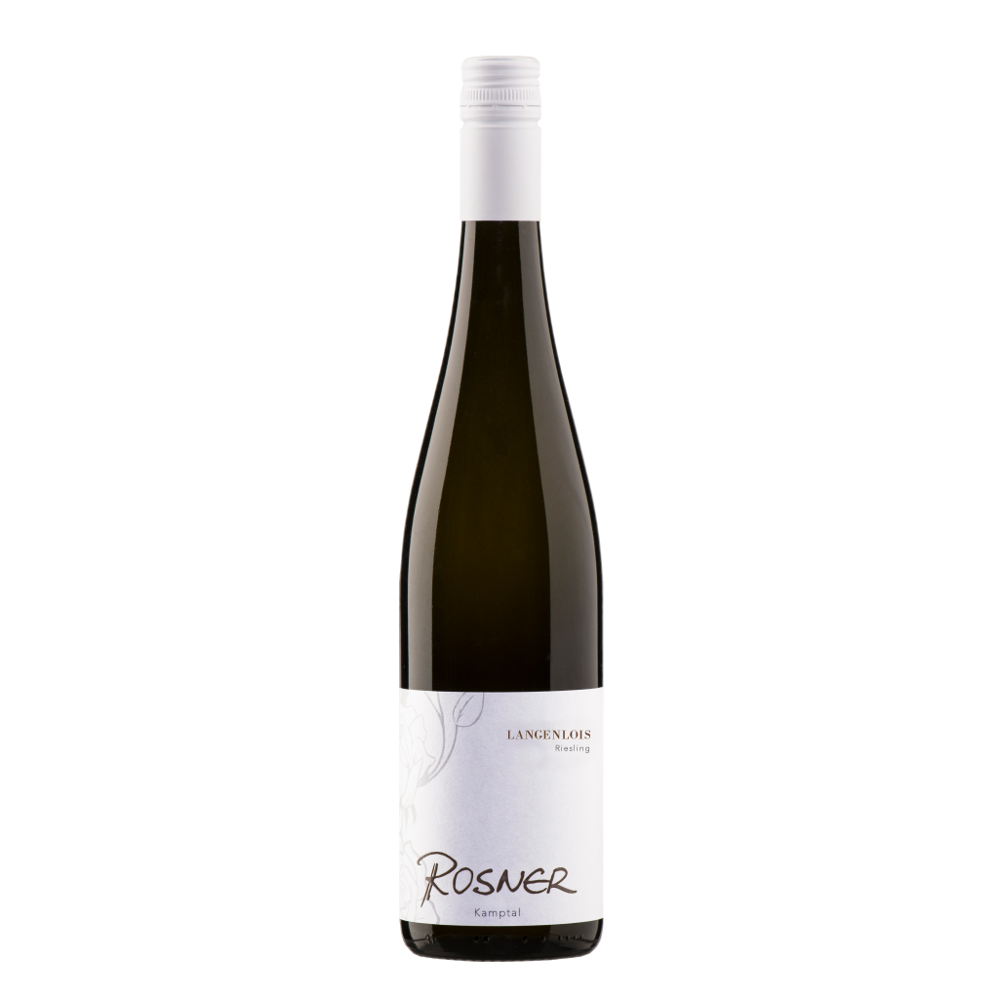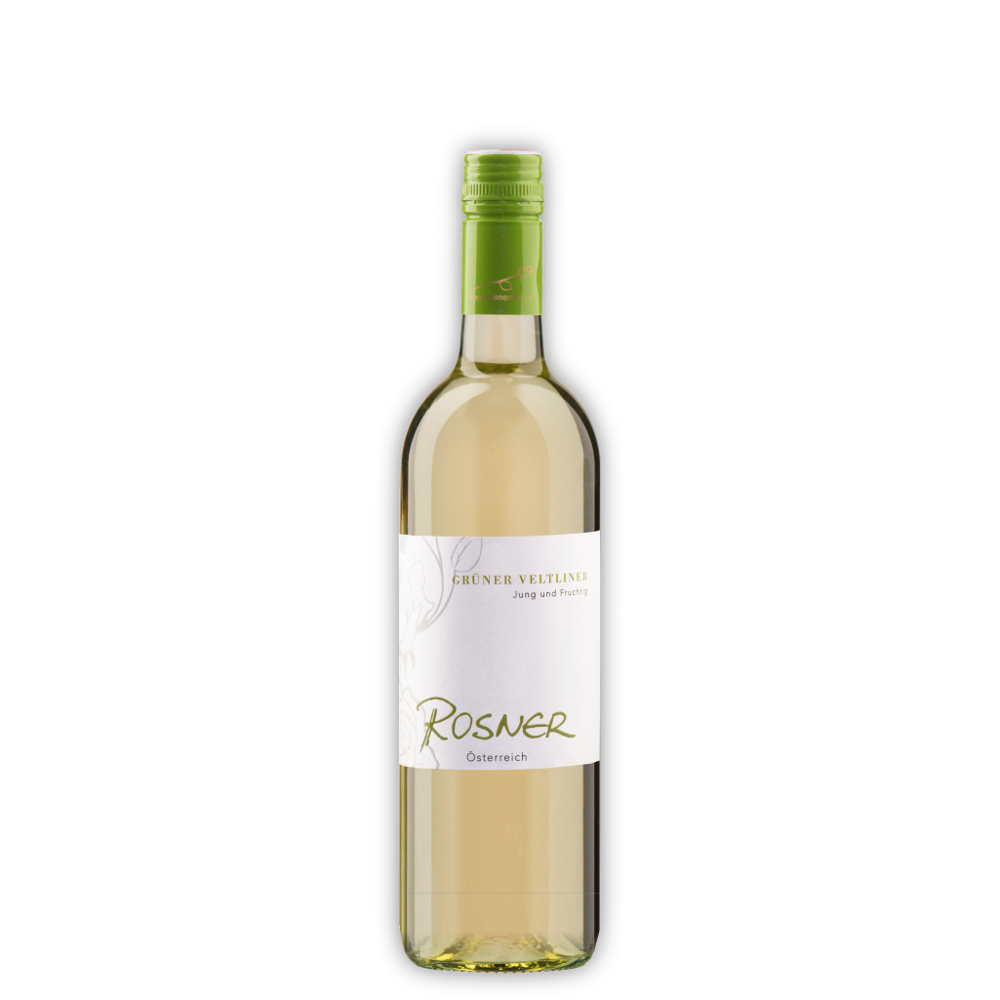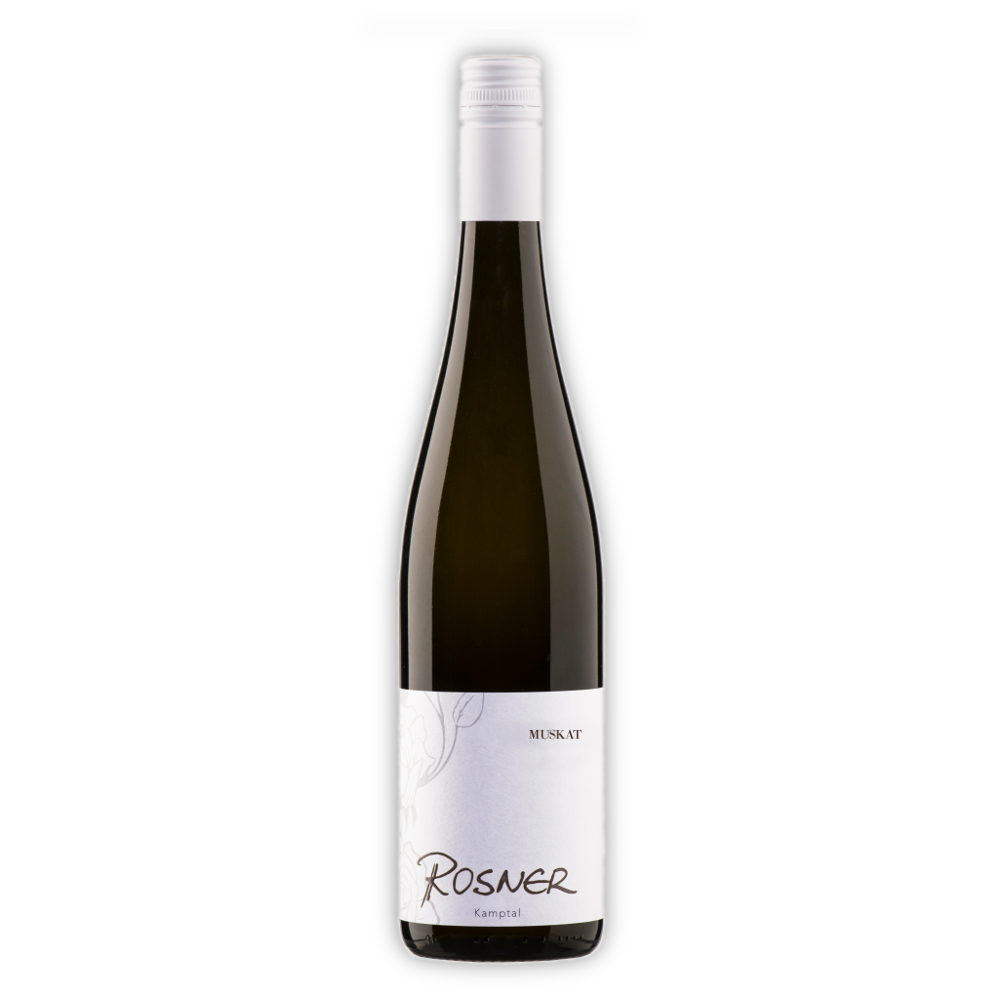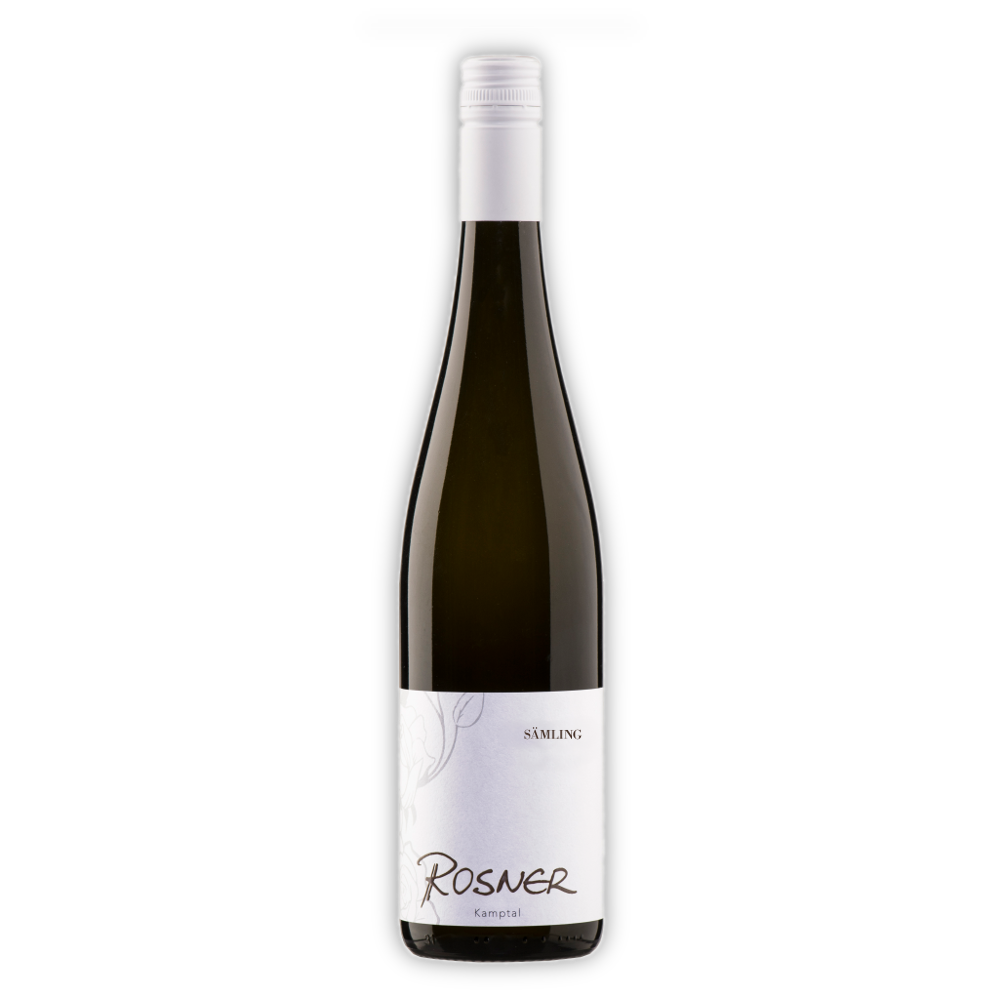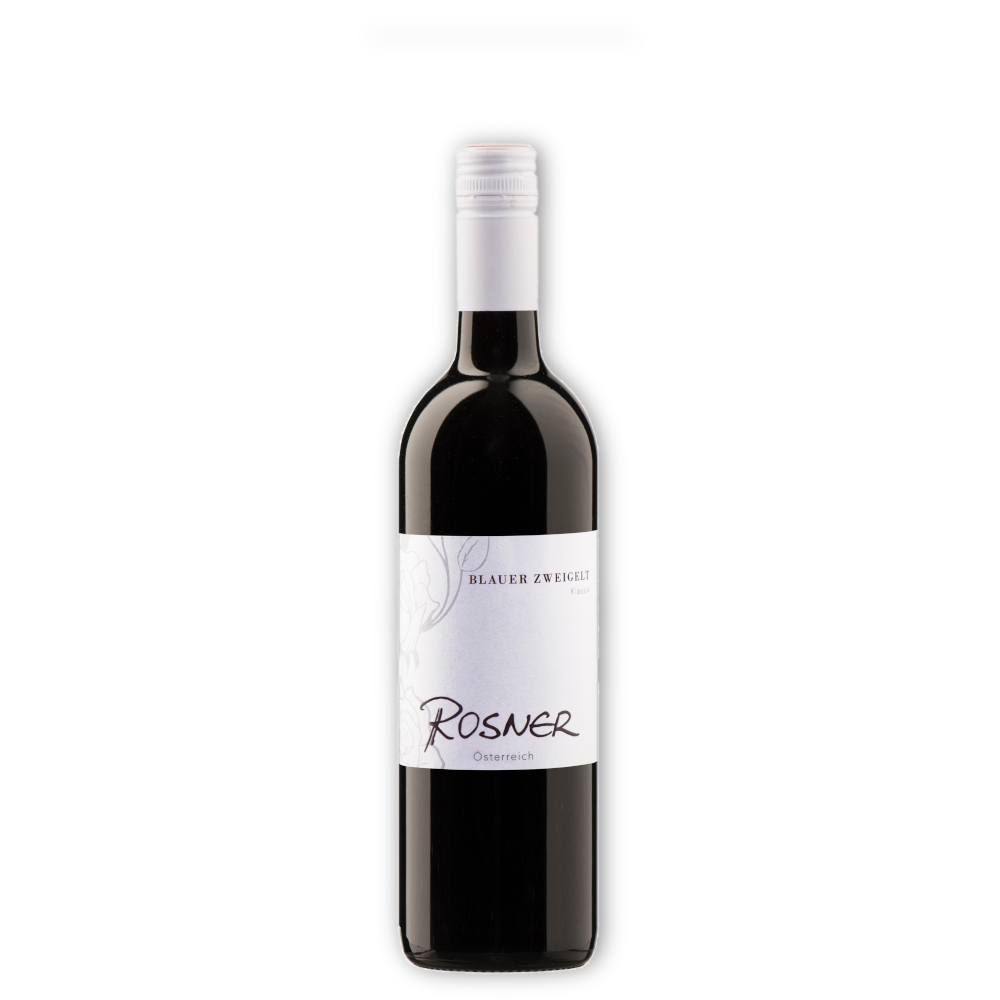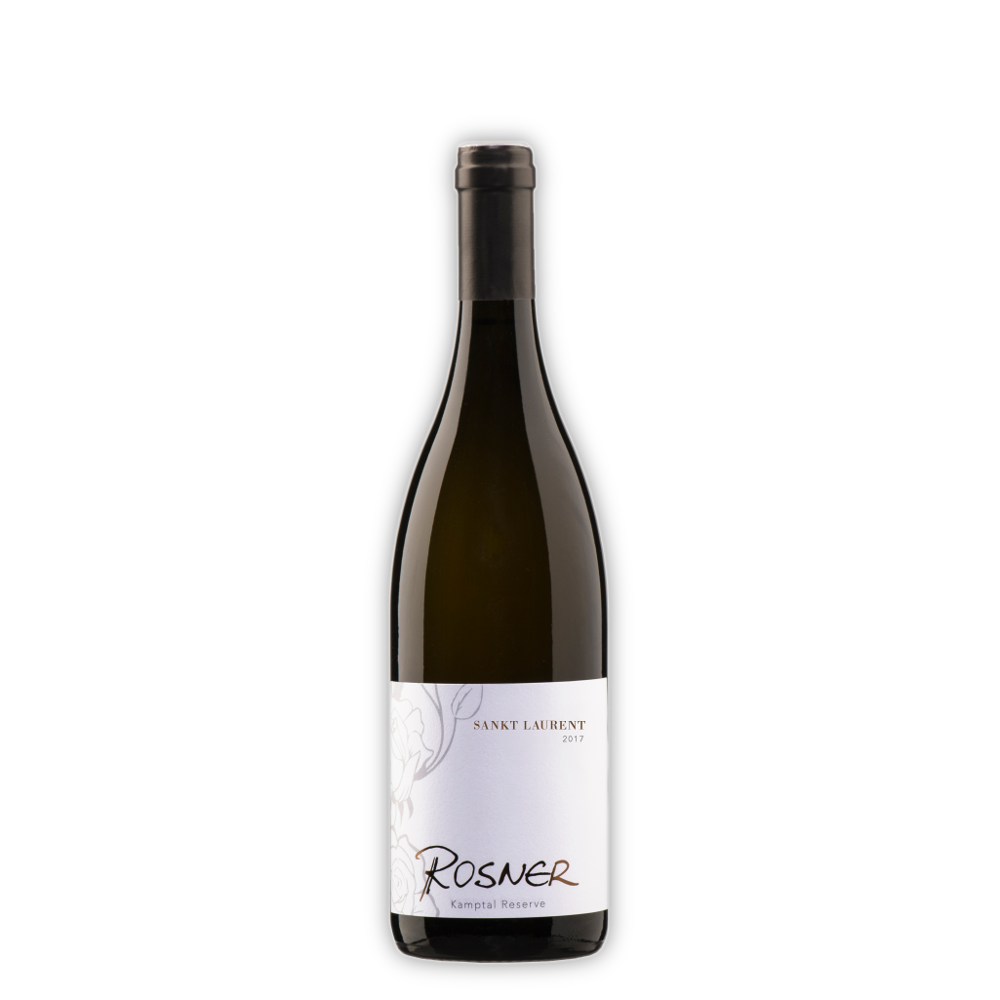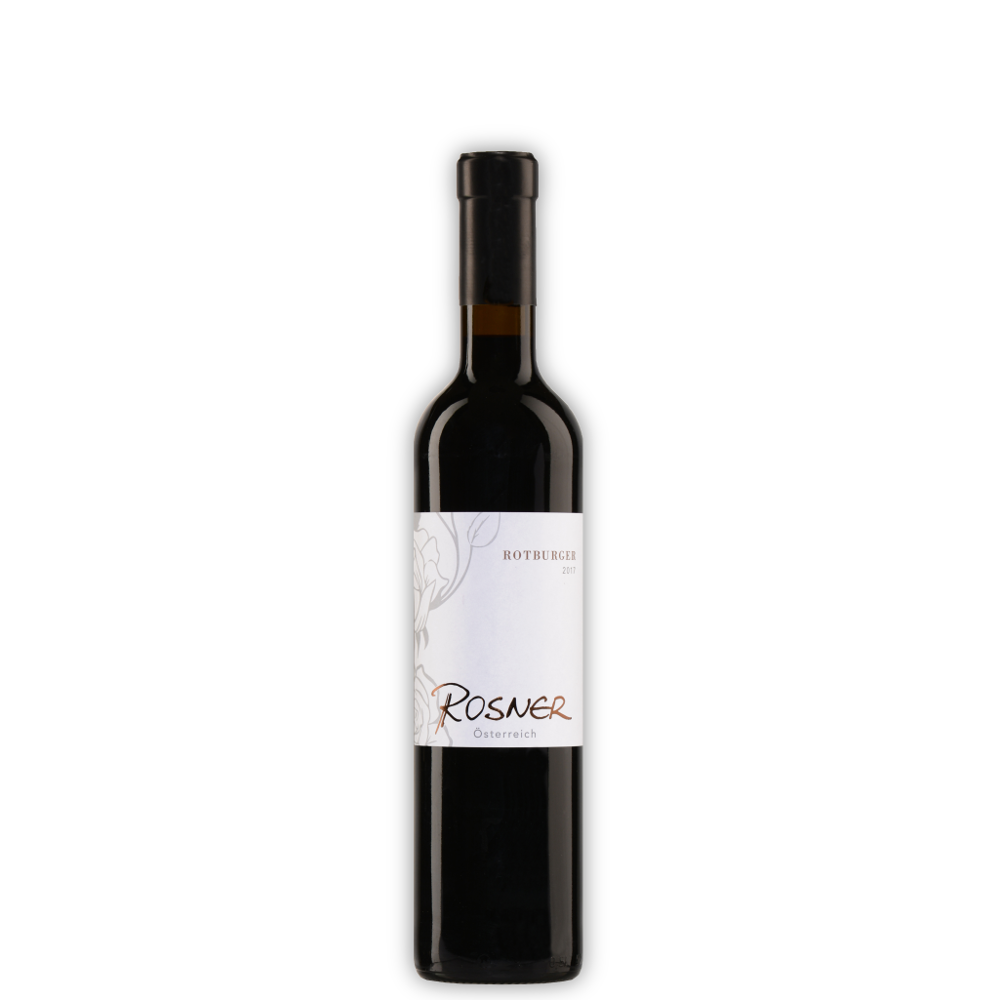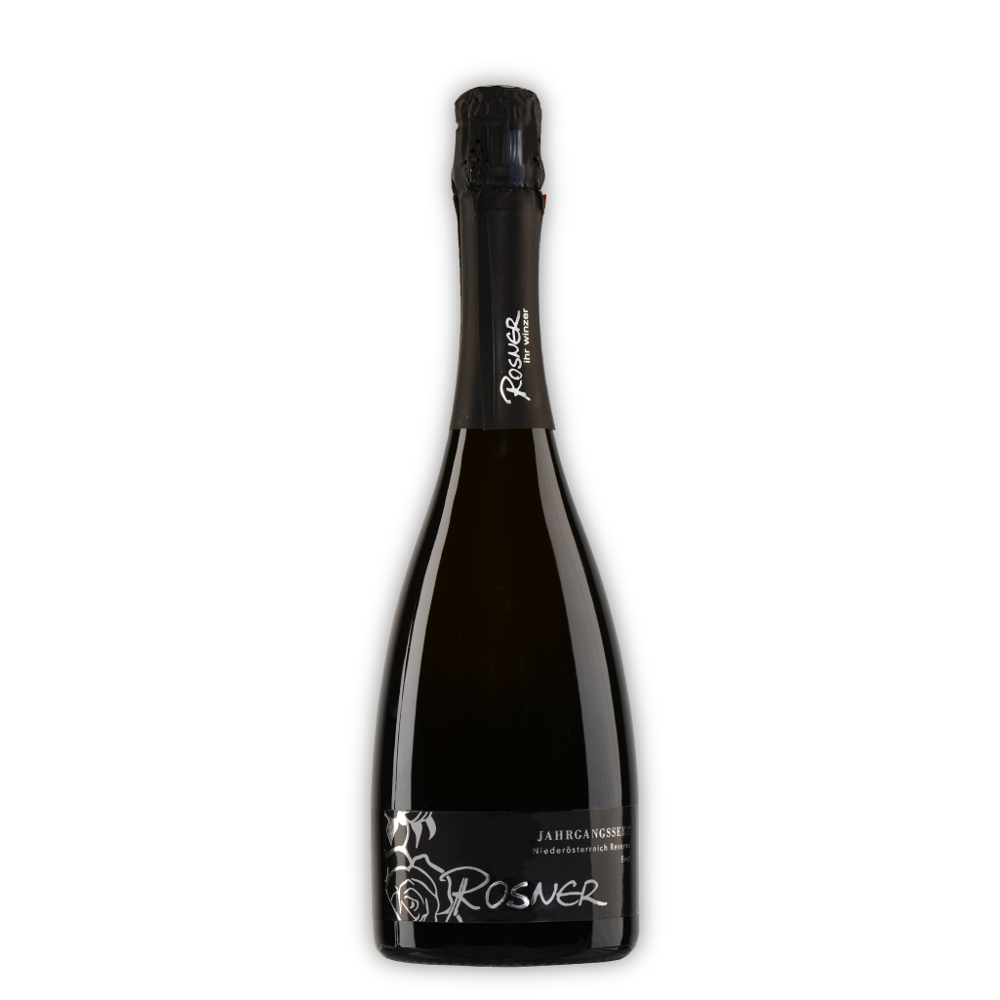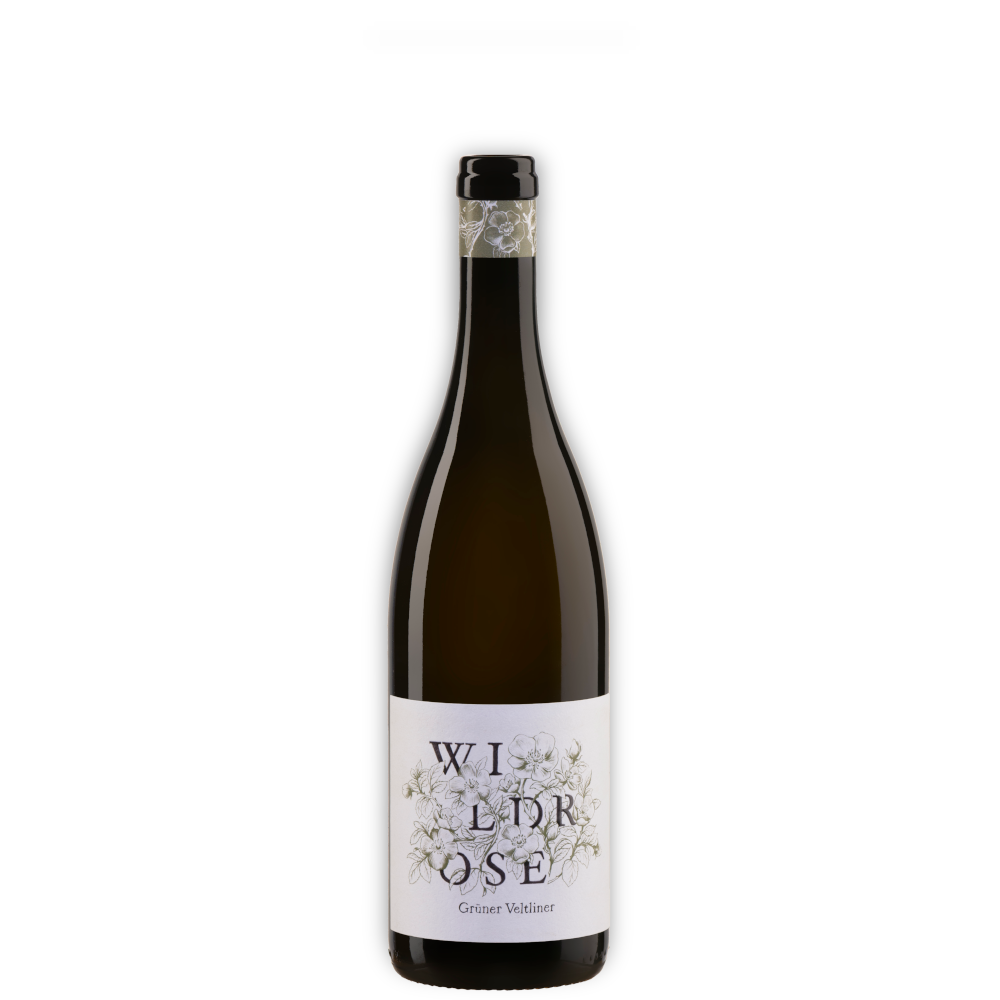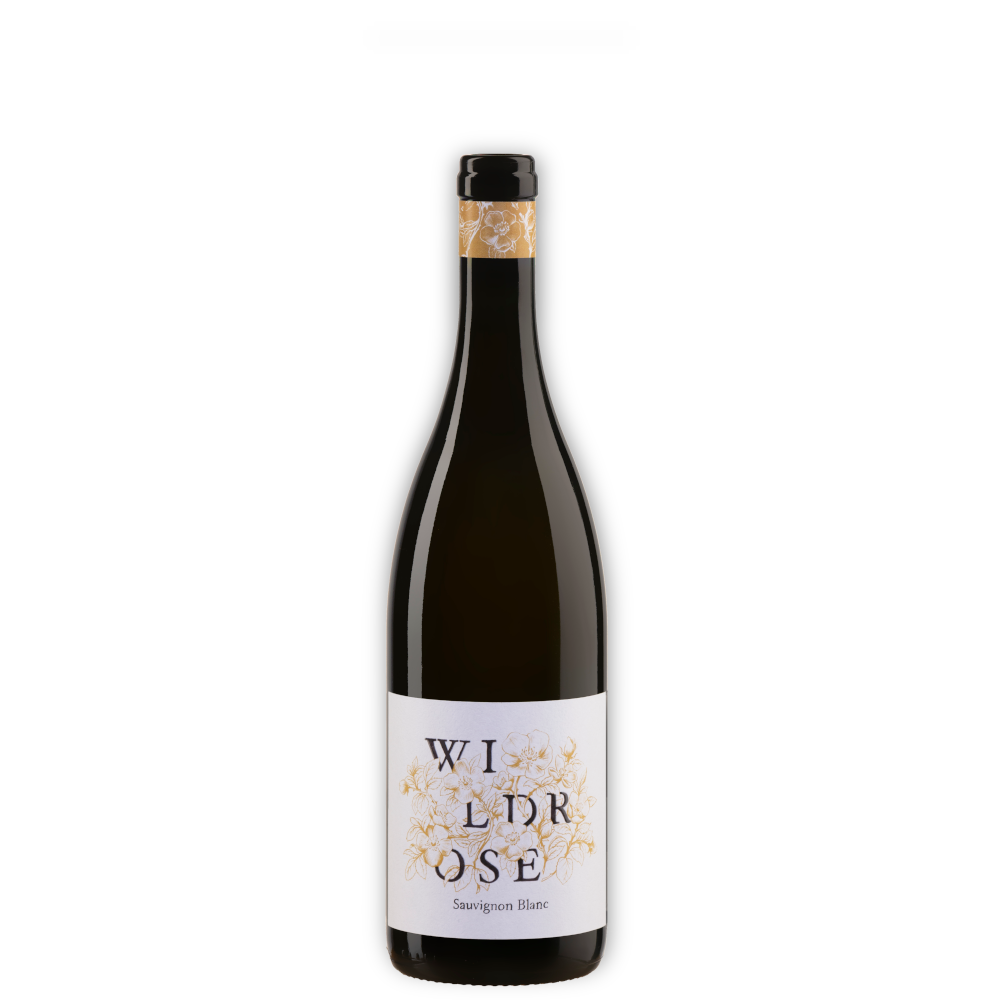The main variety for red wines is Blauer Zweigelt, which also found home in the soils of Langenlois. For the Zweigelt Reserve, the Rosner family always chooses the oldest Zweigelt vineyards to select from. Every year the grapes are cut in half to reach a good ripeness in the cool-climate conditions in Kamptal/Austria.
Every vineyards is harvested up to three times and for the Zweigelt Reserve Norbert and Stefan always want the latest harvested grapes. After fermenting slowly on skins and some gentle pump-overs, the mash is pressed and racked into old wooden barrels, where the wine can rest for another year before botteling.

